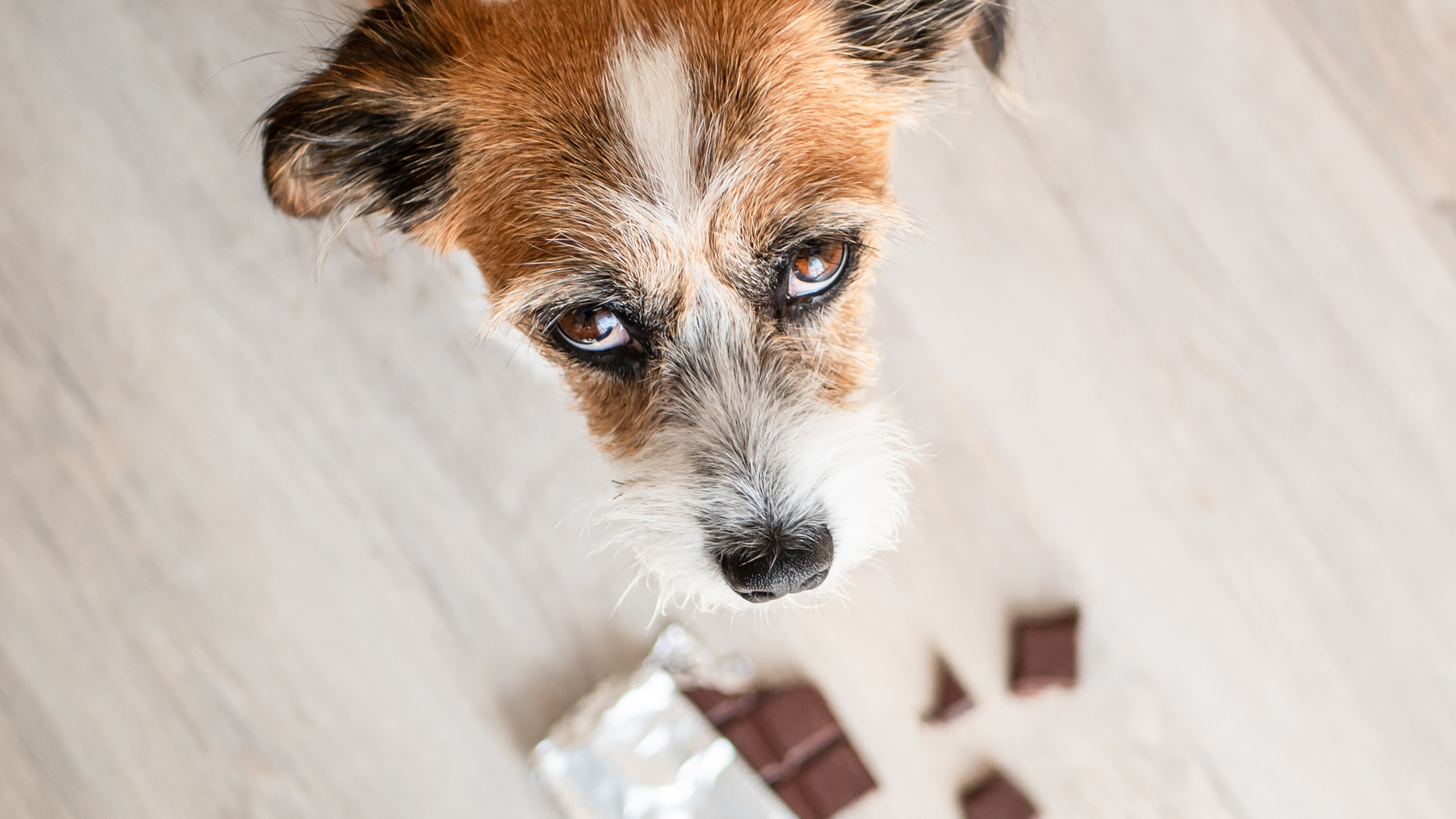
In households worldwide, the allure of chocolate is difficult to resist. However, what may bring delight to humans can pose a grave threat to our beloved canine companions.
Many pet owners go to great efforts to fill their canine's bowl with the very best wet dog food or dry dog food, alas, a dog can still be found darting to wherever a sliver of chocolate has fallen. But what exactly is in chocolate that poses such a threat to dogs and is all chocolate equally dangerous?
This is where certified canine nutritionist Cameron Wimble can shed some light. In a recent post to The Dog Nutritionist's Instagram page, Wimble addressed this very topic. Having studied canine nutrigenomics, the study of how diet interacts with a dog's genes and influences their health, he reveals the ingredients inside chocolate that are most harmful and which color of chocolate poses a greater threat to dogs.
"All chocolate contains caffeine and theobromine, both of which can be toxic to dogs," explains Wimble. "However, the quantity of these compounds varies depending on the type of chocolate consumed. The darker and more bitter the chocolate, the more dangerous it becomes for our furry friends."
According to VCA Animals Hospital, caffeine and theobromine are metabolized at a slower rate in canines compared to humans, leading to the potential accumulation of toxic levels in their system. This emphasizes the critical importance of understanding the risks associated with chocolate ingestion and the need for immediate action if a dog consumes chocolate.
The Dog Nutritionist goes on in the video to say that the quantity of these toxic compounds varies depending on what sort of chocolate you’ve bought. "The darker and more bitter the chocolate, the more dangerous it is to your dog," shares Wimble, "If your dog eats a little bit of milk chocolate, they’re likely going to be fine but if they get their mitts on the darker stuff, well, then you’re probably going to have to visit the vets."
No matter how little or large an amount of chocolate your dog has consumed, you should closely monitor them and seek medical help if you think they are showing signs of chocolate poisoning in dogs.
The Dog Nutritionist directs his followers to a helpful online tool called a chocolate toxicity calculator, which allows you to input your dog's weight, what type of chocolate they have eaten and the amount in order to measure the threat level. But ultimately, a vet is your best port of call when it comes to dogs and chocolate.
PetsRadar has plenty more information on canine health, where we have had expert vets share their knowledge, like these 10 signs a dog is in pain and helpful advice in response to the commonly asked question Is my dog sick?







